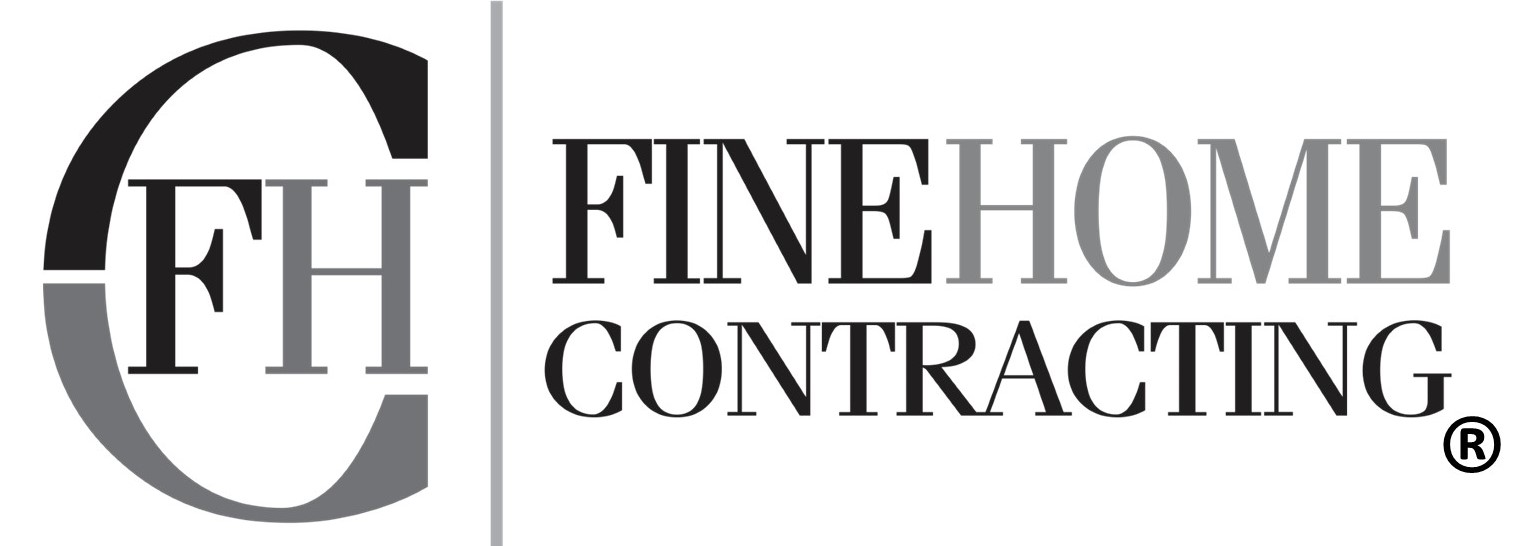In the fast-paced digital landscape, small businesses must continually leverage current technology to stay competitive and thrive. Whether you’re running a retail store, home service, or other business, using technology to enhance your marketing, sales, and production is key to keeping costs down and profits high. Especially with the trend away from traditional advertising and marketing techniques towards social media and content creation, keeping up with trends is important to ensuring your business is visible to your target audience online.
This technology primer provides a comprehensive guide to essential software and tools tailored for small businesses, offering insights into AI tools, CRM software, social media management, online advertising, and online business listings. Learn how these technologies can be harnessed to propel your business forward and discover real-world examples of success.
AI Tools: Unleashing the Power of Chat GPT and Claude
In the realm of small business technology, AI tools like Chat GPT and Claude are game-changers, revolutionizing operational efficiency. Chat GPT, from OpenAI, elevates customer support through automated interactions, while Claude acts as a powerful AI-driven personal assistant, handling routine administrative tasks. As we explore AI tools, discover how these innovations are reshaping small businesses, providing not only efficiency but also a path to heightened customer engagement and growth.
Both Claude and Chat-GPT are great tools for brainstorming ideas, creating content, and doing research, but both are capable of generating incorrect data and should be carefully edited before use.
CRM Software: Navigating HubSpot, Salesforce, and More
Customer Relationship Management (CRM) software is a cornerstone for businesses aiming to enhance customer interactions, streamline processes, and boost sales. While features vary, CRMS generally serve as a database for your customer information, combined with sets of tools to maximize your marketing and sales abilities across your audience. Here, we compare two popular options: HubSpot and Salesforce.
Common Features of all CRMs:
Contact Management: Keep detailed records of customer interactions and communications.
Sales Pipeline Tracking: Monitor the sales process from lead generation to conversion.
Marketing Automation: Streamline marketing efforts with automated campaigns and lead nurturing.
Usage Example: Most businesses use a CRM. As a General Contractor, Fine Home Contracting uses Hubspot to manage our contact information for leads, customers, business partners, and product vendors. Hubspot manages our automated marketing emails, works with web traffic management to see how customers find our business, and gives us analytic data on which marketing and sales tactics best reach our audience.
Social Media Management: Navigating Facebook, Instagram, TikTok, YouTube, and Pinterest
Social media is a powerful tool for small businesses to connect with their audience and build brand presence. Each platform offers unique advantages based on the nature of your business.
In navigating these social media platforms, consider the unique content styles, reach potential, and user motivations. Tailoring your content to align with each platform’s strengths ensures a more strategic and effective social media presence for your small business.
Online Business Listings: Navigating Google My Business, Bing Business, Apple Business, and Yelp
Having your business listed across directory website and social media is critical to keeping maximum visibility. Each of these services offers a place for your business to have a profile/portfolio with contact information, and most allow you to post frequent updates as well.

